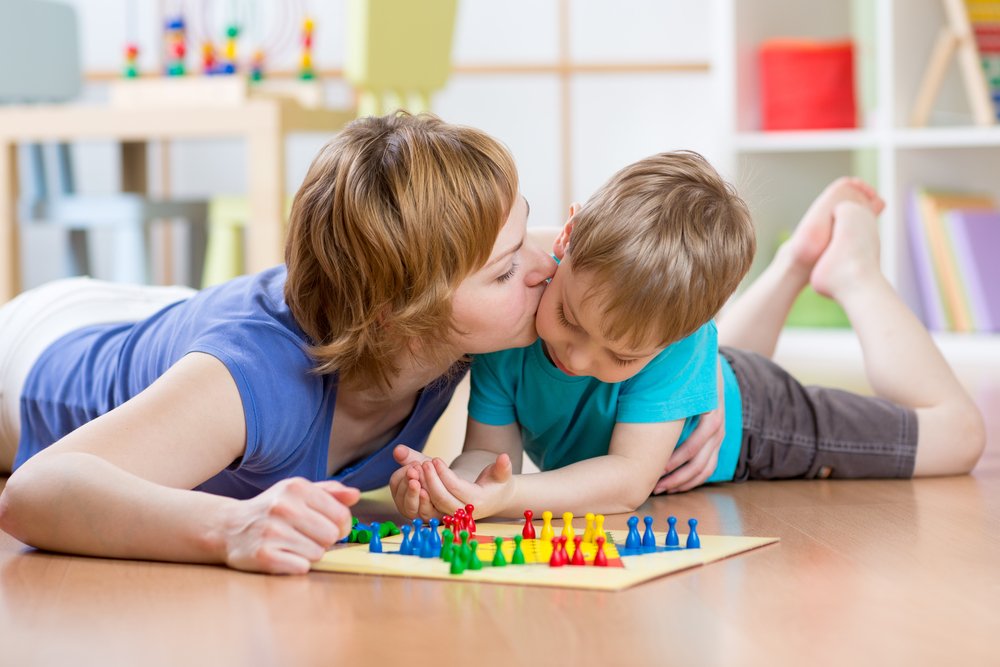Key points:
- Games have been shown to improve cognitive abilities and can even prevent dementia later in life.
- Playing board games can be a learning experience for humans and can foster social and emotional development, such as teaching your child to follow rules, respect others, and understand different points of view.
- Board games provide opportunities for cognitive and developmental growth by giving children a chance to practice their planning and organization skills, metacognition, creativity, curiosity, and math skills.
- Board games also contribute to physical development by helping children develop fine motor skills. Overall, board games are a fun way to learn and grow!
Playing games may sound like an activity not aimed for learning. Some might even define it as a misuse of our time. But, is it really?
Games have been the subject of different studies that show an improvement in the cognitive abilities of the players. One of the most studied has been chess, and it’s considered a predictor of better reading, and math skills. Research has also shown that the cognitive stimulation that happens while playing board games can prevent dementia later on in life.
Studies focusing on games have been emerging recently. Pierre Corbeil, scientist and game enthusiast, has devoted his work to the study of games and human development. He mentions that one of the aspects that makes games a learning experience for humans is the fact that you can face a challenge without remarkable consequences. The worst thing that can happen is to lose the game, and losing can also be something to learn from.
He states that play has various components, some of them related to enjoyment and interaction, and some others related to cognitive performance. Taking this into account, we will show how both of these aspects can be used to boost your child’s development through games, with a special focus on board games.
Social and emotional development
- Social skills: Games can teach your little one to follow rules and respect someone else’s turn. They can also practice how to talk to others and how to understand different points of view.
- Strengthen relationships: When playing board games, you can also have fun and spend quality time as a family. This type of activity can contribute to make you feel closer to each other and strengthen your relationship. If you feel like it, you can even invite some friends over and foster your little one’s social skills. Harvard stated that a significant relation exists between social interactions and our health. Many board games are now designed for entire families. Both children and adults can find them fun!
- Emotional development: As Corbeil mentioned, games give us a chance to face challenges without disastrous consequences. However, that doesn’t mean we don’t get frustrated when losing a game. Use that situation to model how to manage frustration to your little one, or even give them advice when they feel this way. If you make them feel accepted and comfortable with their feelings, they will find it easier to understand them.
Cognitive and developmental
- Planning: During board games we need to plan our every move! It will give your child a chance to practice their planning and organization skills. Other studies have even mentioned that facing different options influences critical thinking.
- Metacognition: A great way to take advantage of board games is by asking questions. If you see your little one thinking hard and furrowing their brow, before they make a move, ask them why! It’s a great way to help them develop the ability to analyze their own behavior and decisions. They can become conscious of their own choices and consider why they worked or failed.
- Creativity: To find yourself in the face of a challenge always boosts creativity. Board games can challenge your little one to find creative solutions and new ways of thinking. For example, if you are playing UNO you might see your child matching the color or numbers. Possibilities are endless, and their little mind can find solutions you’ve never imagined.
- Curiosity: Board games are a great way to tempt your little one’s curiosity. Children possess an innate curiosity and exposing your child to new experiences will boost their passion for learning. A way to foster their curiosity can be to ask open-ended questions, from simple ones like “What do you think about this game?”, to more complicated ones like “Why do you think your father chose to play that card?”. Questions can help their curiosity grow and foster their cognitive flexibility.
- Math skills: A study on preschoolers who played board games at home predicted better performance in math, especially when identifying numbers, working with a number line, or comparing numbers.
Physical Development
- Motor skills: Holding pieces, placing a game board, or rolling dice, whatever is needed for the game, can help your child develop fine motor skills
Most importantly, board games are fun. It’s worth giving them a try!








